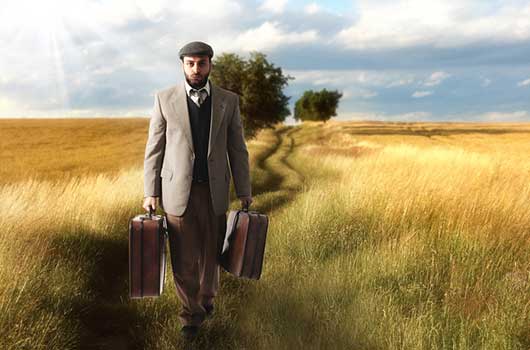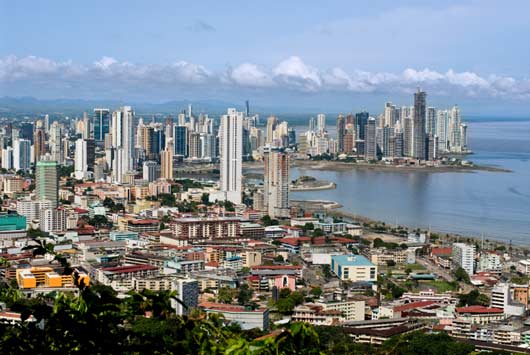
In the early 1950s, as a young boy, my father crossed the Atlantic aboard a TWA Super Constellation propeller airplane that took off in Madrid and landed in New York. He says he immediately felt right at home. A nine-hour ride on a Greyhound bus took him to Pittsburgh, PA, where his aunts and uncles lived, and where he enrolled in Duquesne University to get his BA, then MA. He eventually earned his PhD in Spain. He met my mother, who was born and raised in the USA, of English and Hungarian background, and they married young.
But what drove my father to cross the Atlantic? After the Civil War in Spain, his home country, his parents (my grandparents)—who fought against Franco’s dictatorship—could not afford to pay for his education, nor even feed him properly. My grandfather was in a concentration camp for many months after the war and his two brothers fled Spain and came to the US via Venezuela, where they first lived for a while. My father saw America as the land of opportunity, which it was for many.
Read Related: What is Really Happening with Immigration Reform?
I was born in Madrid, Spain, while my father finished his PhD and my mother accompanied him. As soon as that happened, my dad made sure to equip me with an American passport and a good command of English, the language of the country he loved so much. I spent the first portion of my childhood in Pennsylvania, where my sister was born, while my father was a university professor and my mother was a stay at home mom. Eventually our family would split, but one thing never changed: my sister and I were dual nationals, bicultural and bilingual.
Twelve years ago my eldest was born in Seville, Spain, and three years later, my youngest was born in the same city. Their father is also of mixed cultures (Argentine and Swedish immigrants to the US) and when the girls were but days old, we applied for their US passports. That was even before we knew that four months after the youngest made her appearance in this world, we’d move to Florida, for good.
In Spain I made a good living as a freelancer, but my “day gig”—translating and interpreting languages—made me more money than my passion, which is writing and publishing. When I came to the US to live in 2004, I was scared. After spending most of my life in another country, I gave up my identity as a published author and had to start all over again. In nine years I have not only rebuilt myself, but reinvented myself several times, something that would have been virtually impossible in my country of birth.
The United States embraces the hustlers, the dreamers, the hard-workers, the talented, those who are willing to take risks, set goals and do what it takes to reach them. I am one of the lucky ones, because I haven’t had to fight for my citizenship or to learn the language. My immigrant father did that for me; and for that, I thank him. And because of that, I will give a voice to those who deserve to be able to legally call themselves Americans, no matter where they come from or what their first language is.












